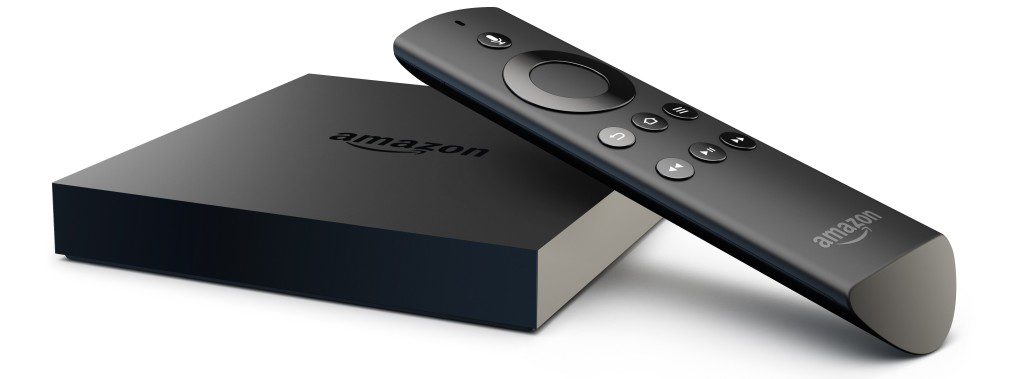
Update and unify your mobile app with Android's new design.
Unity
Material's guidelines will be used across all devices, allowing your users to navigate intuitively on phones, tablets, and the web.
Read More
For a handful of Android devices, OTA firmware updates will be even...
Read More
We pride ourselves in adapting to the ever-changing mobile environment and adopting new technologies. Metova has been designing and developing Android apps since the first Android phone, the T-Mobile G1, was released. Having worked on the platform since 2008, we consider ourselves Android veterans.
Read More
Get even closer to your customers with Google’s Android Wear. Yesterday Google announced the first wearable: watches. The new watches will provide users contextual information throughout the day. Weather, directions, messages, music, fitness monitoring, the Android Wear watches will have it all.
Read More
(February 12, 2014)–Credit union members who have been troubled by recent news of their financial apps’ vulnerability to security breaches need worry no longer, according to CU Mobile Apps and its technology partner, Metova. The CU Mobile Apps-Metova partnership has announced a security solution that protects mobile transactions from hacking, theft and spyware attacks—a solution which is being provided free to all CU Mobile Apps credit union clients and their members.
Read More
Android, iOS, BlackBerry and Windows Phone each provide specific tips in their development forums about how to make your custom applications look and feel as though they belong on that device.
Read More
The firm has doubled its development talent, adding 15 developers in nine months
Read More
We were thrilled to sponsor a project for this year’s Vanderbilt University School of Engineering Senior Design Day. Metova’s VP of Technology Dave Lane advised four students who spent the last two semesters working on their project: the Augmented Reality Smartphone Framework for Android.
Read More
Yesterday Amazon announced a new device, Amazon Fire TV. Similar to the Apple TV and Roku, it allows users to stream TV shows, movies, music, and download apps. Amazon Fire TV stands out in that it is built for gaming, even supporting its own gaming controller. A quad-core processor, 2GB memory, support for surround sound, and Amazon payment integration are just a few of the device’s perks.
Read More
This summer, Apple, Google and Microsoft announced updates to their mobile operating systems: iOS 6, Jelly Bean (Android 4.1), Windows 8 and Windows Phone 8. All of the operating systems are at different stages of maturity, which is reflected in their unique mixes of competitive and innovative features.

